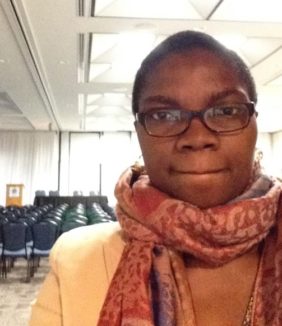The challenges facing humanity and human settlements have never been greater as the Planet Earth’s projected population is estimated to reach 9 billion by the year 2045. From rural to small towns, cities to megacities, and from metropolitan cities to megalopolises, planners continue to grapple with population growth, demographic shifts, housing, energy, transportation, disease/health, food and water security, waste management, urbanization of poverty, urbanization and infrastructure deficit among others. What a better way to connect people, connect issues and connect municipalities than developing and adopting technologically relevant and smart planning tools and principles.
Providing for food, water, energy and safety needs requires collaboration among agencies/institutions; effective engagement of people and cultures; integration of new ideas, knowledge, communication and technology. More importantly, it requires smart planning, that is, new ways of conceiving, planning, and designing communities; analysing, diagnosing, assessing information and data; and managing people and infrastructures. Planning for smart, complete and intelligent communities require safeguarding old and new memories, changing lifestyles and consumption patterns, adopting technologically relevant communication patterns, for example, understanding spatial structure through mobile phone data. While many communities are transforming to be smart, complete by embracing information technology, and remain competitive, others are still lagging behind.
In the sharing, access or collaborative economy, information communication technology (ICT), the Internet of Thing, Airbnb or Uber, to mention a few platforms, are critical in providing information and data spatial planning, resource optimization and collaborative consumption. Undoubtedly, utilizing smart devices to connect people, optimize resources, mutualize access and link infrastructures in communities constitute the bedrock of smart communities. Therefore, developing robust smart planning principles and incorporating smart growth principles in a sustainable manner is pivotal for future communities.
In achieving smart communities through culture, urban experience and the sharing economy, Track three intends to provoke discussions through these questions:
- What constitutes a smart community? How culturally sensitive are smart communities?
- What critical indicators are important towards designing and building smart communities?
- What are the challenges of the open, smart, connected, mobile and sharing economy?
- How green, efficient and replicable is the sharing economy and does it build social and cultural capital?
- In what ways do sharing economy sites reproduce class, gender, racial biases, hierarchies, power relations and revitalize the local economies?
- What kind of planning tools exist or could be developed to incorporate urban experience in the sharing economy to produce smart communities?
